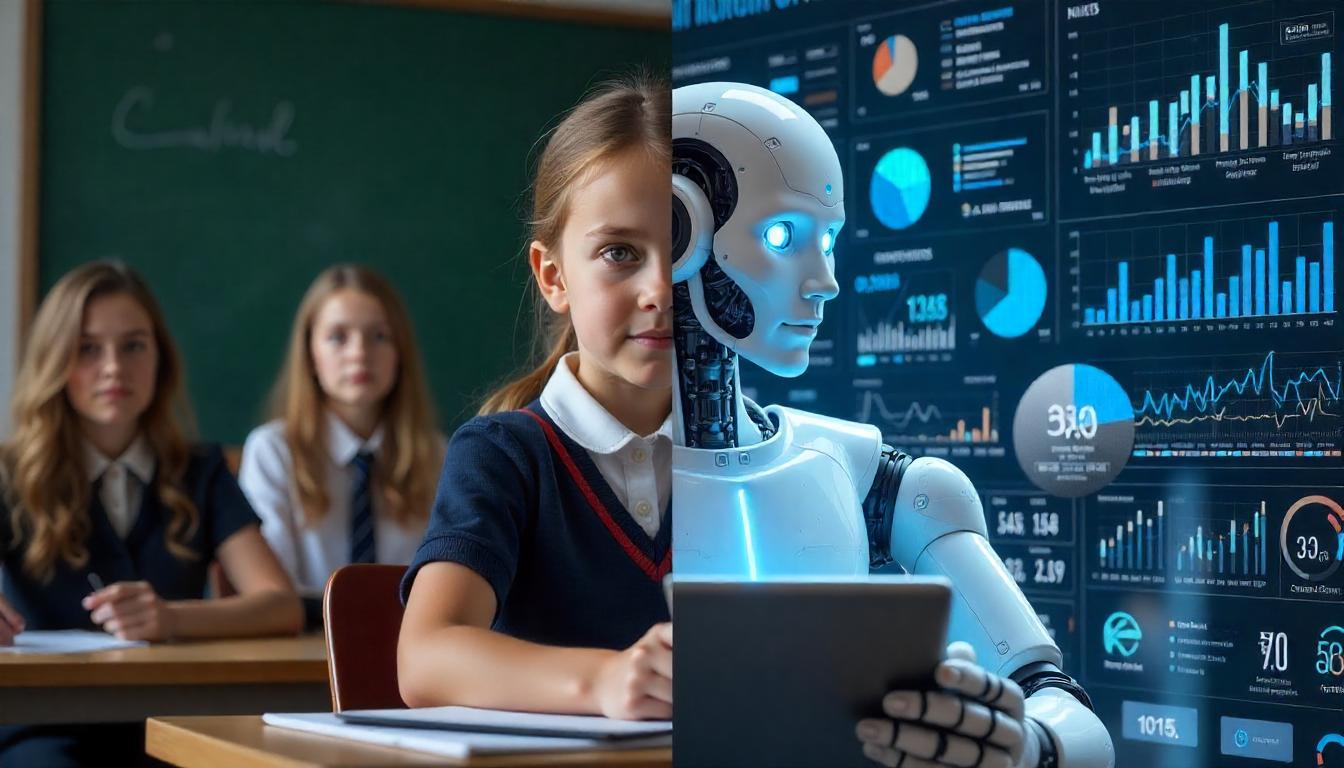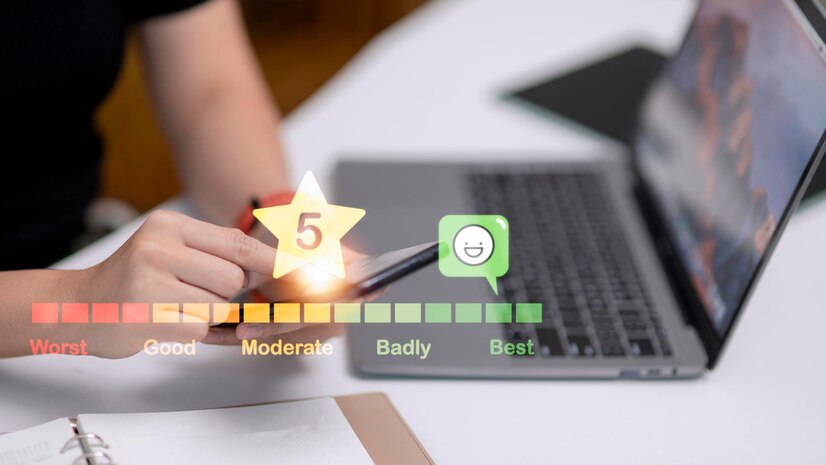Transforming Higher Education: The AI-Powered Assessment Paradigm

Gone are the days when artificial intelligence was a thing of the future — today this technology, which is gaining momentum in the field of assessments especially, is taking the education sector by storm. Whether it be automating low-value work or providing unprecedented insights into student learning, AI is transforming how we assess student progress and is helping create a more equitable and personalized learning environment.
Automatic Grading & Personalized Feedback: The Best Efficiency
Picture a world where the drudgery of grading stacks of papers is a thing of the past. AI-driven grading systems are already making this happen.
These advanced programs can assess essays, quizzes and even elaborate tests, providing students with almost instant feedback. This not only saves a lot of time for the instructors to spend on more productive engagement with students but also gives students a real-time overview of their strengths and weaknesses.
An AI system for grading essays, for instance, can not only detect grammatical mistakes but can also evaluate the richness of student arguments, whether the students provided good use of evidence and the overall clarity of their writing.
Through these analyses, the system can deliver tailored feedback, like recommending cognitive strategies for strengthening arguments, citing relevant readings, or giving writers alternative language for murky sentences. This personalized feedback is invaluable for college students, allowing them to analyze and focus on these specific issues during their exam preparation over time.

Adaptive Learning: Tailoring Education to the Individual
One of the most exciting developments in AI-powered assessment is the rise of adaptive learning platforms. These platforms dynamically adjust the difficulty of questions based on a student’s real-time performance. If a student consistently answers questions correctly, the platform will gradually increase the difficulty to challenge them further. Conversely, if a student struggles with a particular concept, the platform will adjust to provide easier questions and offer additional support materials, such as video tutorials or interactive simulations.
This personalized approach ensures a more accurate assessment of individual skills and knowledge gaps. By pinpointing areas where students excel or struggle, educators can provide more targeted support, such as offering extra help sessions, assigning individualized assignments, or recommending specific learning resources. This not only improves student learning outcomes but also creates a more engaging and motivating learning experience.
Upholding Academic Integrity: A Powerful Tool for Fairness
Plagiarism is a serious academic offence, and ensuring academic integrity is crucial for maintaining a fair and equitable learning environment. AI-powered plagiarism detection tools are becoming increasingly sophisticated, leveraging advanced natural language processing and machine learning techniques to detect even subtle instances of plagiarism, such as paraphrasing or slight alterations.
These tools go beyond simple keyword matching to analyse the originality of student work at a deeper level, comparing it to a vast database of academic sources and identifying any instances of plagiarism. This not only helps to deter academic dishonesty but also provides valuable insights into student learning and writing processes. By identifying areas where students may be struggling with research or citation, educators can provide targeted support and guidance to help students develop their research and writing skills.

Beyond Traditional Assessments: A Holistic View of Student Learning
AI extends beyond traditional assessments by providing valuable insights into student engagement and learning behaviours. By tracking how students interact with course materials, such as time spent on assignments or readings, online forum participation, and quiz completion rates, AI can offer valuable data on student comprehension and engagement levels.
This data can be used to identify struggling students early on and provide timely interventions, such as offering extra help sessions, peer tutoring, or extending deadlines for assignments. Furthermore, by analysing student interactions with different learning materials, educators can gain a deeper understanding of which teaching methods and resources are most effective for their students. This data-driven approach allows educators to refine their teaching strategies and create a more engaging and effective learning experience for all students.
A Shift Towards Equity and Personalization: The Future of Higher Education
The adoption of AI in higher education assessments represents a significant shift. It moves beyond simply grading to a more holistic approach that considers individual learning styles, needs, and strengths. By leveraging the power of AI, institutions can create a more equitable and personalized learning experience for all students, fostering a deeper understanding and a love of learning.
AI has the potential to revolutionize how we assess student learning, making it more efficient, equitable, and personalized. By embracing these innovative technologies and leveraging their potential, we can create a brighter future for higher education, where every student has the opportunity to reach their full potential.

